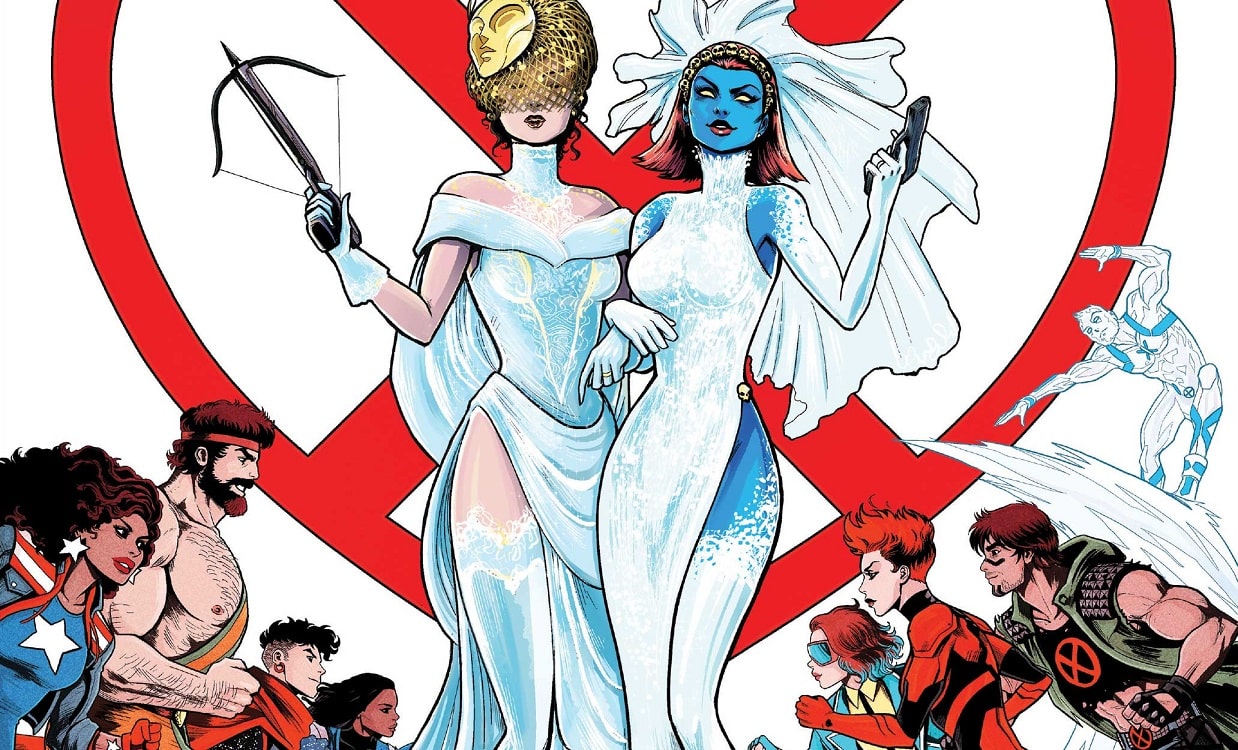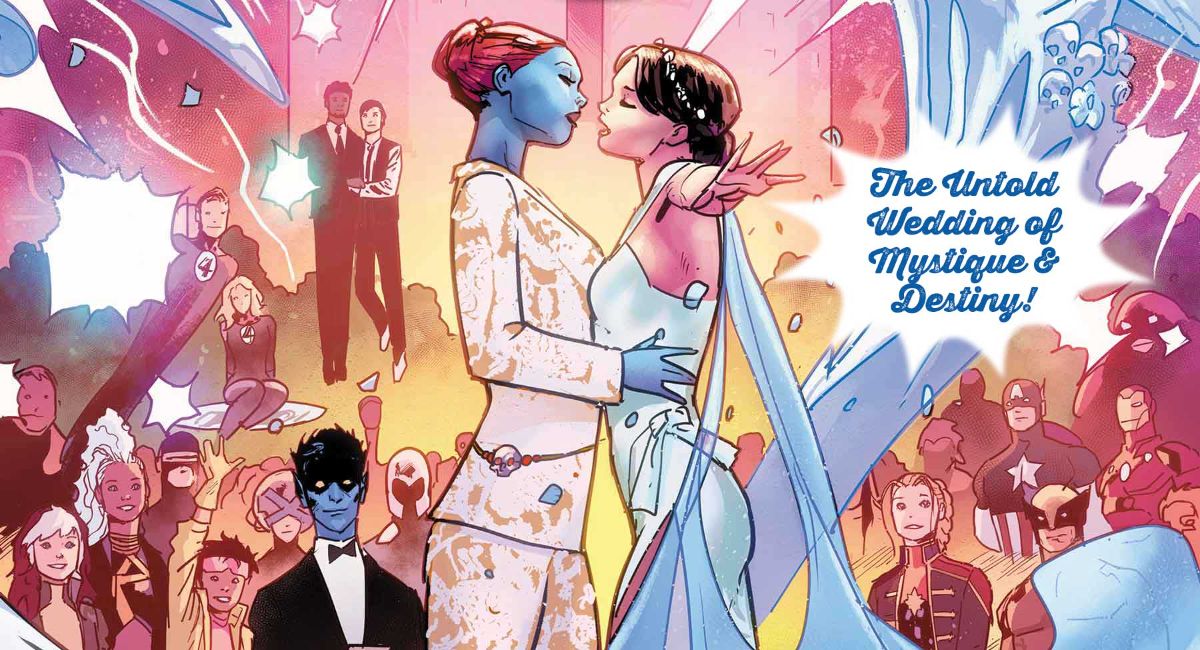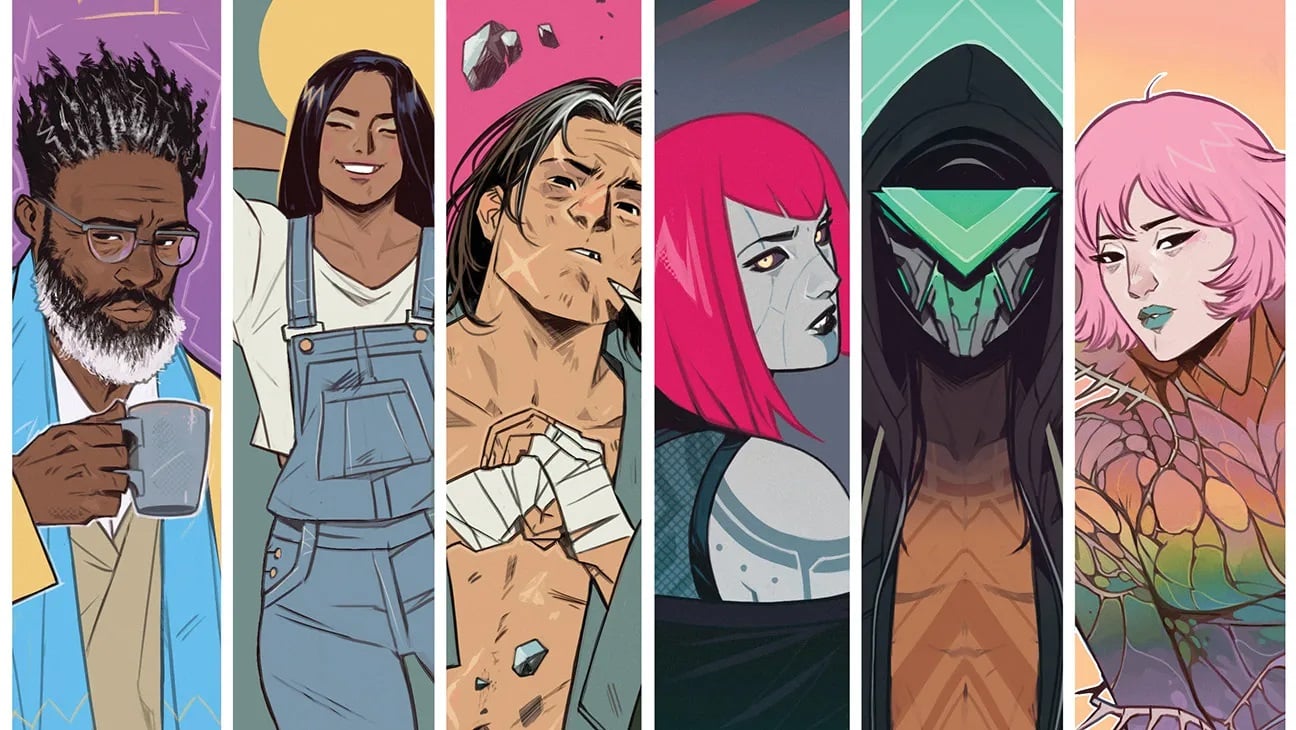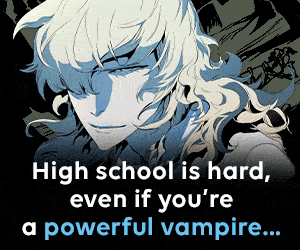By Gregory Paul Silber
If you’ve ever attended a con, you probably know how it feels to be heartbroken by something that happens to your favorite characters. It’s a common experience across fandoms that can sometimes be challenging to talk about. At New York Comic Con on Friday, an array of guests with close ties to the phenomenon discussed just that for the panel “I Love You 3000: Managing Real Feelings About Fictional Characters.”
Moderated by entertainment reporter and TV/film critic Michelle Jaworski of The Daily Dot (disclosure: Jaworski is one of my roommates), the guests included comic book writer Dan Slott (Fantastic 4; co-creator of the original Spider-Verse event); novelist Danielle Paige (Dorothy Must Die; Mera: Tidebreaker); psychologist Andrea Letamendi (host of The Arkham Sessions, a podcast about the psychology of Batman), and comic book writer Kieron Giillen (Die; Star Wars). Artist Jamie McKelvie, a frequent collaborator with Gillen on titles like Young Avengers and The Wicked and the Divine, had been announced as a panelist, but had to cancel last minute as he was feeling under the weather.
Following introductions, Jaworski kickstarted the discussion with a question that was met by nostalgic sighs from the panelists and “whoas” from the audience: what was the first piece of pop culture that “destroyed” you emotionally?
Paige mentioned E.T., and although she didn’t elaborate much, the audience’s reaction made it clear that they empathized.
Dr. Letamendi recalled an episode of Punky Brewster in which the title character “almost died” by getting stuck in a refrigerator. “It was a series, so I felt like I knew these characters,” she explained. “I was part of their world.”
Slott, having recently completed a decade-long Spider-Man run himself, brought up The Amazing Spider-Man #90, in which Captain Stacy died. “I was a little kid. I was a blubbering wreck,” he remembered. “Spider-Man did everything right… and yet it was like Uncle Ben all over again. The universe isn’t fair!”
Gillen said that E.T. hit him hard, too, adding that the pain of an “extraterrestrial life” made it more “magical” for him.
Dr. Letamendi took the opportunity to explain the concept of “parasocial relationships,” the feeling of closeness to people (or fictional characters) that we don’t actually know personally. These relationships closely emulate real-life relationships, and studies have show that there is little difference between grieving over the loss of a beloved fictional character and somebody they know personally.
Slott added that he had a particularly surreal experience with this phenomenon on the set of The Amazing Spider-Man 2. Slott had just killed off (temporarily, of course) Peter Parker in the Amazing Spider-Man comic, which prompted Spidey actor Andrew Garfield to say “oh, so I’m dead now?”
Slott explained that Peter’s consciousness lingered in the comic as a ghost, to which Garfield replied, “Okay, so I’m a ghost now?”
“No,” Slott answered. “We just killed the ghost last week.”
Similarly, Dr. Letamendi explained that parasocial relationships can lead to a sense of betrayal. Some Star Wars fans, for example, felt betrayed when recent films didn’t take the characters in directions they had hoped for.
Several hands went up when Slott asked how many fans had tattoos of their favorite characters, and Gillen said that this was “quite high risk.” Many fans of The Wicked and the Divine got tattoos of the comic’s characters early into the run, and Gillen had warned them that they might soon be disappointed. These are tragic characters, he told them, who would eventually “reveal the worst parts of themselves.”
Michelle brought up the Game of Thrones finale, as many families had named children after characters who were later revealed to be less-than-savory. According to an article, these parents claimed not to regret their decisions, but Slott recalled a letter he received from a Spider-Man fan who named his children “Peter” and “Parker,” claiming that Slott’s decision to temporarily kill off the character rendered the names “meaningless.”
Dr. Letamendi also explained the idea of a “parasocial breakup” that can manifest when fans feel betrayed when a beloved series ends after a long period of time. Even Taylor Swift claimed to “think a lot” about the Game of Thrones finale.
“Wait, Taylor Swift is a Game of Thrones fan, and we didn’t get a song about it?” Slott laughed. He went on to share several other stories of fans heartbroken over Peter Parker’s death, for which he was sympathetic.
Paige recalled her time as a soap opera writer, a genre notorious for fans experiencing intense reactions to controversial story developments. People would call in, or even physically appear outside her office, but she learned a great deal about the power stories have from seeing these responses.
The question of fan outrage also came up, as well as the trouble with identifying with a fandom that’s known for being overzealous. “How many of you feel bad saying you like Rick and Morty?” Slott asked the audience.
Gillen acknowledged that writers have a “responsibility” to their fans, especially in issues of representation. He explained that while he is “not straight,” he was concerned about how fans might react to a Young Avengers scene in which a character was revealed as bisexual. While there’s always a chance that someone might take a panel out of context, he worked hard to write the scene with enough nuance so that even if one fan misinterpreted it, another fan could point out what the other might have missed.
“I Love You 3000: Managing Real Feelings About Fictional Characters” was a lively, often surprisingly candid conversation, proving that storytellers are sympathetic to fans because they love stories just as much. If you couldn’t make it, Dr. Letamendi posted a recording of the panel as an episode of The Arkham Sessions podcast, so give it a listen!










